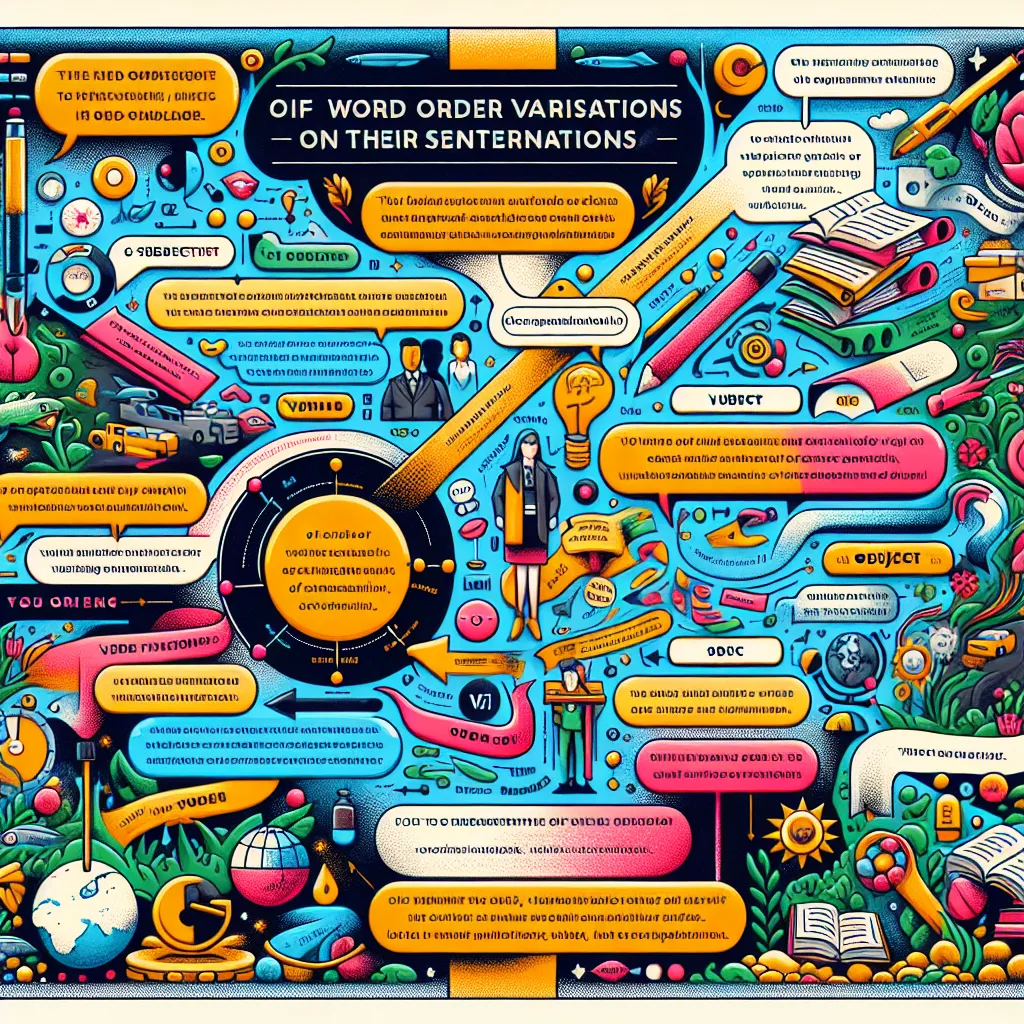Are you struggling with English conditionals? Don’t worry; you’re not alone. Conditionals are one of the most challenging aspects of English grammar for many learners. However, with the right strategies and consistent practice, you can master these tricky structures. In this comprehensive guide, we’ll explore effective tips for mastering English conditionals, helping you boost your language skills and confidence.
Understanding English Conditionals
English conditionals are sentence structures used to express hypothetical situations and their possible outcomes. They typically consist of two clauses: the if-clause (condition) and the main clause (result). There are four main types of conditionals in English, each serving a different purpose and following specific rules.
 English Conditionals Diagram
English Conditionals Diagram
The Importance of Mastering Conditionals
Mastering English conditionals is crucial for several reasons:
- Expressing complex ideas: Conditionals allow you to articulate sophisticated thoughts and hypothetical scenarios.
- Enhancing communication: They help you convey nuanced meanings and discuss possibilities in various contexts.
- Improving fluency: Proper use of conditionals demonstrates a high level of English proficiency.
- Academic and professional success: Many standardized tests and job interviews assess your ability to use conditionals correctly.
Tips for Mastering English Conditionals
1. Start with the Basics
Before diving into complex conditional structures, ensure you have a solid grasp of the basics:
- Learn the four main types of conditionals (zero, first, second, and third).
- Understand the tense and verb form requirements for each type.
- Practice identifying conditional sentences in context.
2. Use Mnemonic Devices
Mnemonic devices can be incredibly helpful for remembering the structures of different conditionals. For example:
- “If it is, it does” (Zero Conditional)
- “If it happens, it will” (First Conditional)
- “If it happened, it would” (Second Conditional)
- “If it had happened, it would have” (Third Conditional)
3. Practice with Real-Life Scenarios
Apply conditionals to everyday situations to make them more relatable and easier to remember. For instance:
- Zero Conditional: “If you heat ice, it melts.”
- First Conditional: “If it rains tomorrow, I’ll stay home.”
- Second Conditional: “If I won the lottery, I would travel the world.”
- Third Conditional: “If I had studied harder, I would have passed the exam.”
4. Use Visual Aids
Visual representations can significantly enhance your understanding of conditionals. Create diagrams, flowcharts, or mind maps to illustrate the different types and their uses.
 Conditional Flowchart
Conditional Flowchart
5. Incorporate Technology
Leverage technology to support your learning:
- Use language learning apps like Duolingo or Babbel for interactive exercises.
- Watch YouTube tutorials on conditionals for visual and auditory learning.
- Utilize online quizzes and games to test your knowledge and track progress.
6. Read Extensively
Exposure to conditionals in context is crucial. Read a variety of English texts, including:
- Novels and short stories
- News articles
- Academic papers
- Blog posts
Pay attention to how conditionals are used in different genres and contexts.
7. Practice Active Listening
Listen to English podcasts, interviews, and speeches, focusing on identifying conditional structures. This will help you understand how native speakers use conditionals in natural conversation.
8. Engage in Conversation
Practice using conditionals in real conversations. Join language exchange groups or find a conversation partner to:
- Discuss hypothetical situations
- Play “what if” games
- Share your dreams and aspirations using second conditionals
9. Write Regularly
Incorporate conditionals into your writing practice:
- Keep a journal and use conditionals to express your thoughts and plans
- Write short stories or essays that involve hypothetical scenarios
- Participate in online writing forums or blogs
10. Focus on Mixed Conditionals
Once you’re comfortable with the main types, challenge yourself with mixed conditionals. These combine different types of conditionals in a single sentence, allowing for more complex expressions.
Example: “If I had studied medicine (third conditional), I would be a doctor now (second conditional).”
Common Mistakes to Avoid
Be aware of these common pitfalls when using conditionals:
- Mixing up tenses: Ensure you use the correct tense for each clause.
- Overusing “would” in if-clauses: Remember, “would” is typically used in the main clause, not the if-clause.
- Confusing “if” and “when”: “If” is used for uncertain conditions, while “when” is for certain future events.
- Forgetting comma placement: In sentences where the if-clause comes first, use a comma to separate the clauses.
Next Steps in Your Conditional Journey
To further enhance your mastery of English conditionals:
- Take an advanced grammar course focusing on complex conditional structures.
- Challenge yourself with conditional exercises in IELTS or TOEFL preparation materials.
- Analyze the use of conditionals in academic papers or literary works.
- Create your own conditional sentences and have them reviewed by a native speaker or language teacher.
For more resources on improving your English grammar, check out our guide on the best free resources for practicing English grammar. Additionally, if you’re preparing for English exams, don’t miss our tips on how to improve your grammar for English exams.
Mastering English conditionals takes time and practice, but with these strategies, you’ll be well on your way to confidently using these complex structures. Remember, consistency is key. Keep practicing, stay curious, and don’t be afraid to make mistakes – they’re an essential part of the learning process. With dedication and the right approach, you’ll soon find yourself using conditionals like a native speaker!




